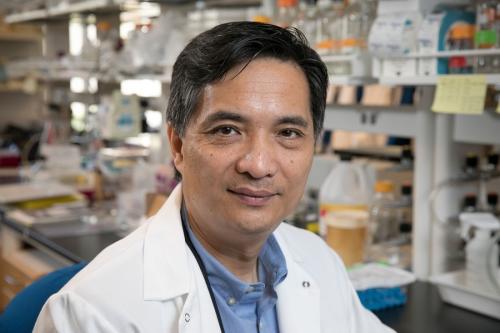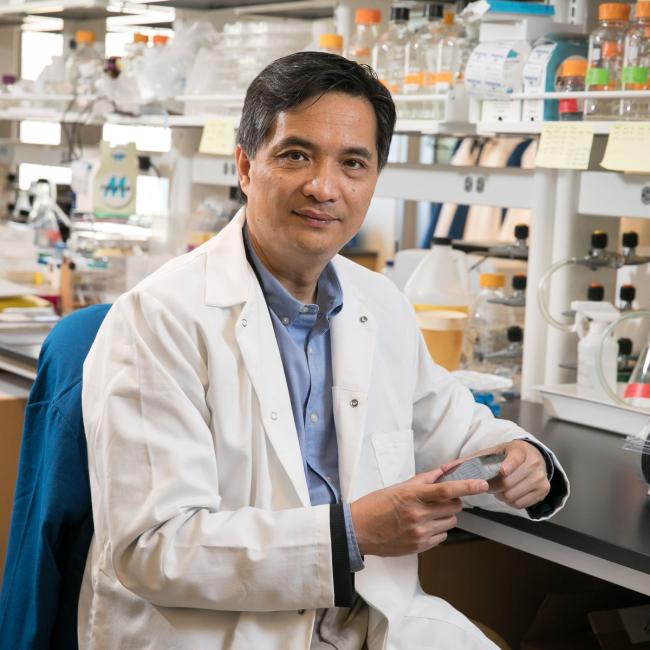
Song Li receives $1.3 million to develop stem cell-derived therapy for type 1 diabetes
Song Li, chancellor’s professor and chair of bioengineering at the UCLA Samueli School of Engineering and a member of the Eli and Edythe Broad Center of Regenerative Medicine and Stem Cell Research at UCLA has received a $1.3 million, two-year grant from the California Institute for Regenerative Medicine to develop a stem cell-derived therapy for Type 1 diabetes.
An autoimmune disease, Type 1 diabetes is driven by immune cells mistakenly attacking the insulin-producing cells of the pancreas. This dramatically reduces the body’s production of insulin, a hormone that controls the amount of sugar in the bloodstream. Most people with Type 1 diabetes are diagnosed in childhood and must undergo daily insulin injections for the rest of their lives.
Li’s approach to treating diabetes utilizes extracellular vesicles, tiny particles secreted by cells in the body that are known to facilitate communication between cells. All cell types secrete extracellular vesicles, which carry proteins and micro RNAs unique to the cell types that release them.
The extracellular vesicles in Li’s therapy are secreted by induced pluripotent stem cells, or iPSCs, which are derived from tissue-specific cells such as skin or blood cells by reprogramming, a method that converts the cells back to a stem-cell–like state.
“Extracellular vesicles secreted by iPSCs have the ability to modulate immune activity,” Li said. “Our goal is to use these particles to suppress the immune activation against the body’s own cells, which could potentially treat Type 1 diabetes and other autoimmune diseases.”
This project is a collaboration with UCLA professors Peter Butler, Tatyana Gurlo, Manish Butte and Xia Yang.
